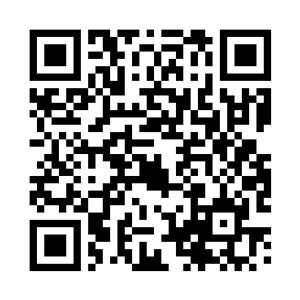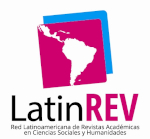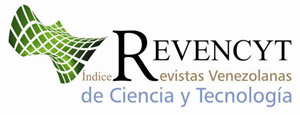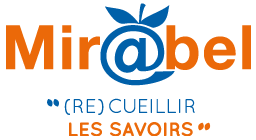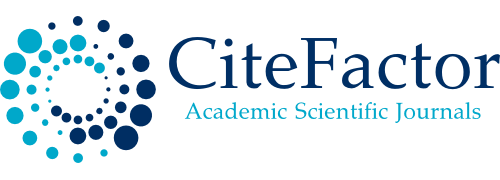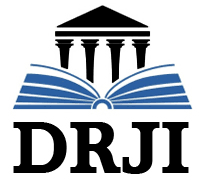Creation of a job bank for lactating women in Santa Cruz de la Sierra city, Bolivia
Keywords:
lactation, adequate environment, lactating women, employment, labor efficiency and productivityAbstract
This research arises from the need to create a safe and reliable platform where women who are breastfeeding and need to work can find a space (institution or company) that is committed to providing them with an adequate and beneficial environment according to their condition; this with the promoting aim efficiency at work and compliance with the role of mothers. Currently, many lactating women face various obstacles that greatly reduce their chances of successfully breastfeeding in the workplace. Returning to work is one of the main reasons mothers stop breastfeeding. Therefore, it is urgent to make all the actors who directly or indirectly affect this process aware of the importance of breastfeeding. Supporting and promoting breastfeeding in the workplace has been found to increase work efficiency and productivity, which in turn reduces absenteeism since, among other things, women who breastfeed tend to miss less work because their babies are less sick. Through several surveys carried out on a group of women in the breastfeeding stage, it was possible to determine that they believed they were physically and mentally capable of doing their job while breastfeeding. However, the institutions or companies, many of them, do not respect the rights that breastfeeding women have when offering work. To achieve the stated objective, various traditional research methods are developed, which help to find a feasible way to solve the identified problem since, in reality, the laws and regulations are beneficial; breastfeeding does exist, but what is missing is its achievement and application.
Downloads
References
Avalos González, M., Mariño Membribes, E. & González Hidalgo, J. (2016). Factores asociados con la lactancia materna exclusiva. Revista Cubana de Medicina General Integral, 32(2), 170-177. http://scielo.sld.cu/scielo.php?script=sci_arttext&pid=S0864-21252016000200004&lng=es&tlng=es
Decreto Supremo N°0115 (06 de mayo del 2009) Reglamento a la Ley N°3460 del 15 de agosto del 2006, De Fomento a la Lactancia Materna y comercialización de sus sucedáneos. Gaceta Oficial de Bolivia. https://www.derechoteca.com/legal-tech-bolivia-bo-d-lex-norma/decreto-supremo-0115-del-06-mayo-2009
González, C. (2019). Lactancia Materna, preguntas y respuestas. España: Editorial Kindle.
Liga de la Leche Materna Bolivia (2022). https://laligadelaleche.es/
Ministerio de Salud y Deportes (18 de agosto de 2015). Prevalencia de la leche materna. https://www.minsalud.gob.bo/es/715-en-bolivia-la-prevalencia-de-lactancia-materna%20exclusiva-es20a.
Secretaria General Iberoamericana (2021). Legislación en materia de autonomía y empoderamiento económico de las mujeres en Iberoamérica y el caribe, Bolivia. https://www.segib.org/wp-content/uploads/Web_Ficha_Bolivia.pdf
Organización Internacional del Trabajo (OIT) (2000). C183 - Convenio sobre la protección de la maternidad, (núm. 183). https://www.ilo.org/dyn/normlex/es/f?p=NORMLEXPUB:12100:0::NO::P12100_ILO_CODE:C183
Organización Panamericana de la Salud/Organización Mundial de la Salud. (2022). Lactancia Materna. https://www.who.int/es/health-topics/breastfeeding#tab=tab_1
Ruiz, J. (2020). Aspectos jurídicos esenciales en materia de prevención de riesgos laborales sobre la protección de la salud y seguridad de la mujer trabajadora. Revista Internacional y Comparada de Relaciones Laborales y Derecho del Empleo, 8(4), 319- 397. https://dialnet.unirioja.es/servlet/articulo?codigo=7757347
Universidad Autónoma del Estado de Hidalgo (s.f). Gestión del conocimiento como vía de creación de empleos. https://www.uaeh.edu.mx/docencia/P_Presentaciones/huejutla/administracion/temas/gestion_del_conocimiento_como_via_de_creacion_de_empleos.pdf
Published
How to Cite
Issue
Section
License

This work is licensed under a Creative Commons Attribution-NonCommercial-ShareAlike 4.0 International License.





